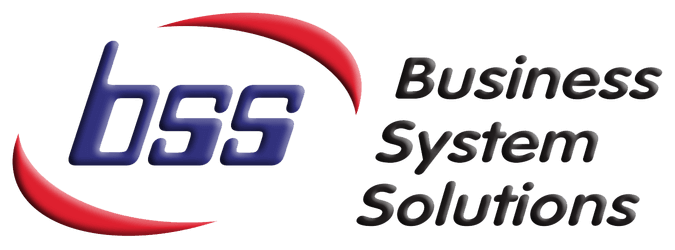Essential Information on IIoT
Manufacturers are also benefitting from changes made possible by the industrial internet of things (IIoT). Learn the basics to start your company's journey into the world of IIoT.
Consumers have long been engaged in benefits reaped from the internet of things (IoT). Manufacturers are also benefitting from changes made possible by the industrial internet of things (IIoT). These innovations maximize energy efficiency and productivity in the factory setting. Learn the basics to start your company's journey into the world of IIoT.
What is IoT?
The internet of things refers to interrelated computing devices, digital or mechanical machines, and animals, objects or people that receive inputs and outputs from each other. Each component has a unique identifier (UID) and can transfer data via a network without requiring human intervention.
What is IIoT?
IIoT stands for Industrial Internet of Things. It's the application of IoT to manufacturing and other industrialized settings. Instrumentation and sensors connect to machinery and vehicles, mainly in the energy, industrial or transport fields.
Besides home automation, which more people are becoming comfortable with, there's a whole world of possibilities opening up in the manufacturing realm. IIoT is the network of industrial devices that drive automation and communications in systems that collect, monitor, analyze and deliver new insights. These insights drive smarter, faster business strategies for businesses.
IIoT is changing the way companies operate. For example, predictive analytics can detect corrosion within a refinery pipe. This real-time production data can also reveal additional capacity at a plant, or facilitate rapid product development thanks to service data feedback. IIoT software solutions are driving positive business outcomes for those who implement it.
What are the Benefits of IIoT?
One of the biggest benefits of IIoT is predictive analytics. Instead of stocking parts for machine failures, predictive analytics would order replacements on an as-needed basis — saving time and money in the long term. This is just one example of the power of predictive analytics.
Manufacturers are always looking for ways to save energy due to the high cost of energy consumption on an industrial level. IoT technologies optimize energy consumption by using real-time data from machines in numerous facilities. It analyzes the data to find out where systems could be run more efficiently. The technology beneath these innovations has a large upfront cost but is well worth it.
How Can Manufacturers Deploy IoT Technologies?
Transforming facilities to IIoT is far from easy. Deploying IoT technologies is far more involved than installing smart automation at home. To avoid mistakes and misunderstanding, IoT deployment needs to be completed by IT experts familiar with IoT technologies.
Hiring an IT provider familiar with IIoT and manufacturing can help ensure a successful implementation. Savvy consults can bridge the gap between the manufacturer’s goals scope and budget constraints. It's crucial that manufactures express their goals clearly so that IIoT can be used to optimize operations and cut down on any bottlenecks in the current system.
There are numerous opportunities for manufacturers to use IIoT solutions for more efficient factories that fatten their bottom line. Many manufacturers are already using or implementing IIoT, making it crucial for others to do so in order to keep up with the demands of the market.




